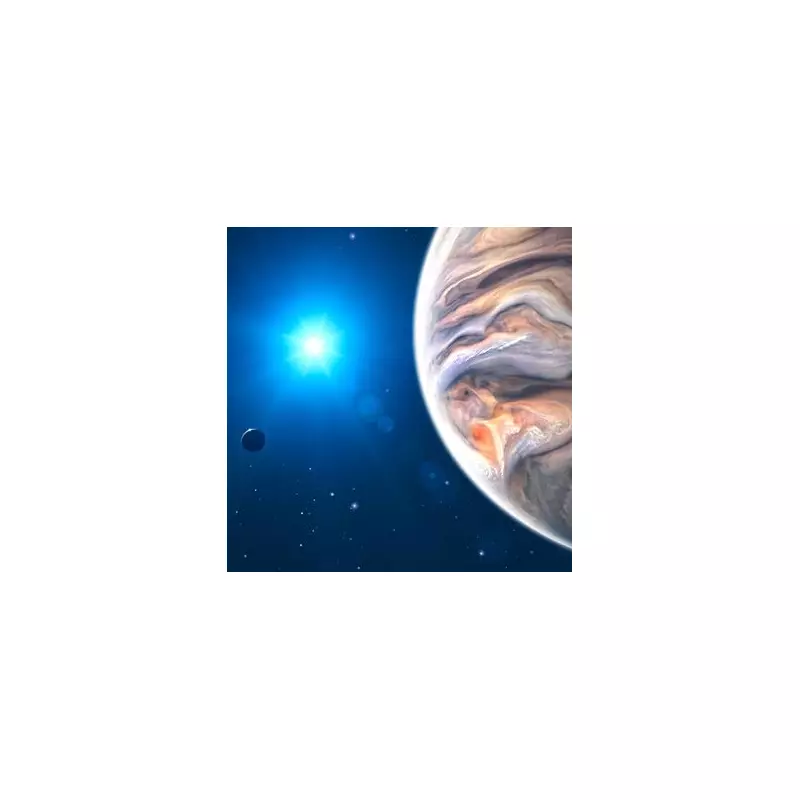
New research suggests that Jupiter, the solar system's largest planet, may have once been massive enough to devour Earth-sized worlds. A groundbreaking study reveals that the gas giant's turbulent past included a phase where its immense gravity could have absorbed smaller planets.
Jupiter's Formative Years Were More Violent Than Thought
Astronomers have long known that Jupiter dominates our solar system, but new evidence indicates its early history was even more dramatic than previously believed. The study, published in Astronomy and Astrophysics, used advanced computer modelling to reconstruct Jupiter's evolution.
Key Findings from the Research:
- Jupiter's core may have been 10 times Earth's mass during formation
- The planet likely consumed numerous planetary embryos in its youth
- Current composition suggests Jupiter ate about 20 Earth masses of material
"We've found that Jupiter's growth wasn't as peaceful as some models suggest," explained lead researcher Dr. Yamila Miguel. "It appears to have gone through phases of violent expansion that would have dramatically reshaped its surroundings."
What This Means for Our Solar System
The findings help explain several mysteries about our cosmic neighbourhood:
- Why there's no super-Earth in our solar system
- How Jupiter came to dominate the planetary formation process
- The unusual composition of Jupiter's atmosphere
Scientists believe Jupiter's gravitational might prevented the formation of other large planets nearby, effectively clearing space that allowed Earth and other rocky planets to form undisturbed.
The Future of Planetary Research
This discovery opens new avenues for understanding how gas giants form across the universe. NASA's upcoming missions to Jupiter may provide further evidence to support these theories, potentially revolutionising our understanding of planetary formation.





